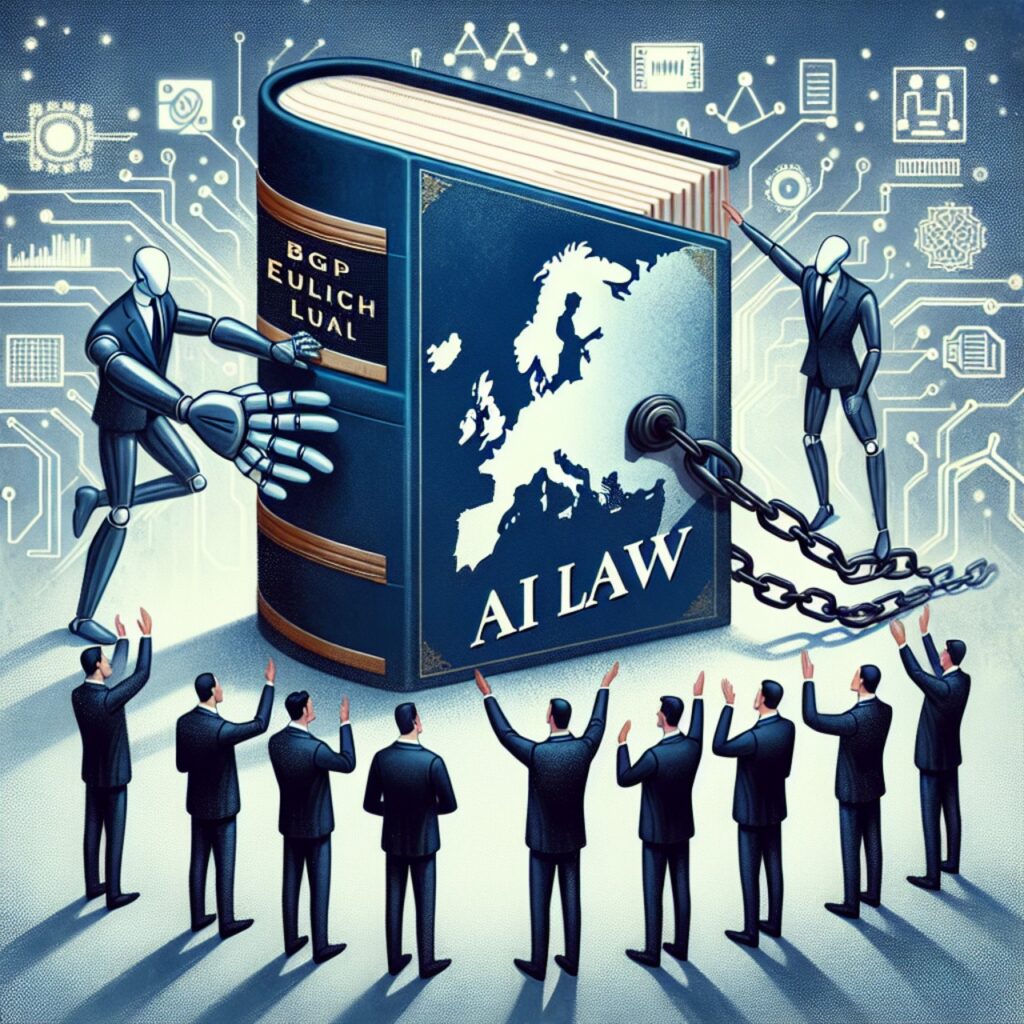Executives from Amazon and Meta told this week that certain concerns about AI are exaggerated and that the broad new AI regulations coming from the EU run the risk of stifling progress.
Tuesday, during the week that IT executives convened in Paris for the yearly VivaTech conference, saw the EU grant final approval to its AI act.
This is a first-of-its-kind rule that will change the way businesses and other organizations use AI in Europe for anything from enforcement to healthcare choices. It forbids the use of technology in any way that is judged “unacceptable,” such as social scoring.
Additionally, the legislation requires greater transparency on the uses of AI deemed to be “high-risk,” such as hiring and education, and imposes additional disclosure requirements on major AI companies.
“Should research and development in AI be regulated?” is “the big question” Yann LeCun, chief AI officer of Meta (META), believes about the new law.
Research and development is regulated in a number of ways, including the EU AI act. At the Paris event, he told that he didn’t believe it was a good idea.
Known as one of the “godfathers of AI,” LeCun disputes worries that artificial intelligence would soon eclipse human intelligence.
He stated that he doesn’t think it’s even close and that risky, especially not today.
He continued, “AI systems may become much smarter in the future, but they will be designed with appropriate safeguards.”
The question of “how do we make jet transport safe” is still relevant today, just as it was in 1925 when attempting to devise a safe path for future superintelligent AI systems. Plus, he said, jet transport had not yet been invented.
Chief technical officer of Amazon (AMZN), Werner Vogels, highlighted worries that regulations pertaining to AI would impede progress in particular fields.
When considering hazards, authorities should analyze how the new technology is used in health care and financial services, as opposed to summarizing meetings, he told Stewart.
He stated that there are several sectors where he believed the risks were low and we should allow innovation to flourish. In other domains, where errors may have a more significant effect on people’s lives, risks ought to be addressed “specifically for that specific domain.”
Vogels urged the EU not to overregulate AI, citing the EU’s landmark data privacy regulation, the GDPR, as an example. Vogels called the GDPR a “thick” book.
“Let’s make sure that businesses can truly implement the legislative obligations that we set in place, not only the biggest corporation but every company in Europe as well,” he said.
Our responsibility is to ensure that innovation does not stop in Europe but rather spreads throughout the continent. He went on to say that underinvesting in R&D has a very long history in Europe.









